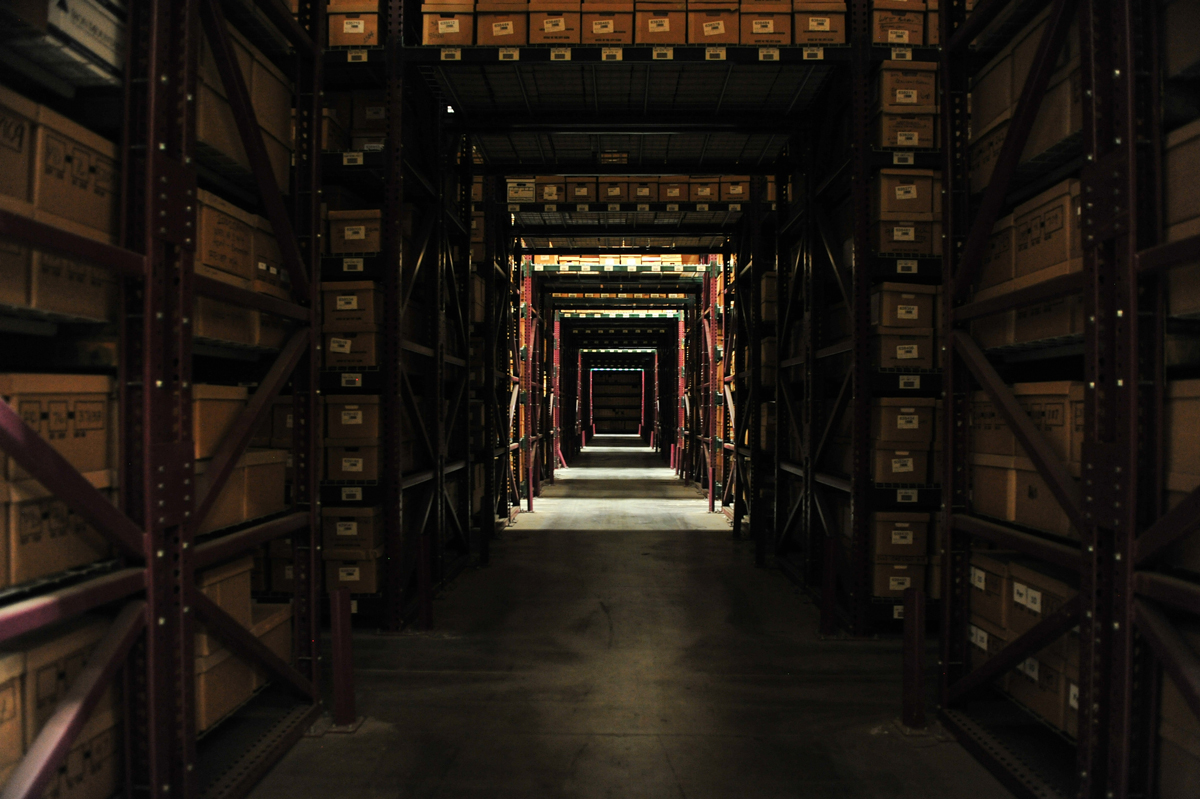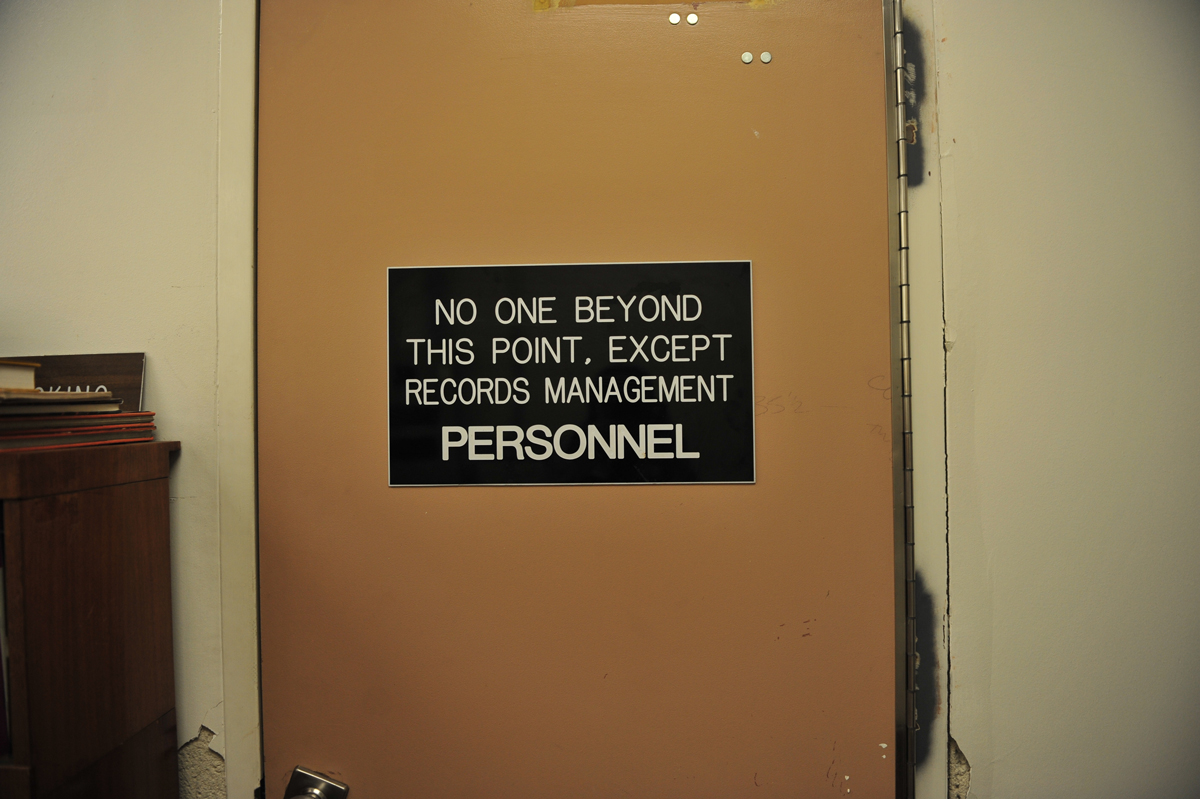Lots of Copies Keep Stuff Safe
by Sway Benns
A Selection of Data About Data
PREFACE Consider,
— Ninety percent of the world’s data has been created in the last two years. — It’s estimated that in 2013, humanity generated 4-5 zettabytes of data—an amount that exceeds the quantity of data in 46 trillion print issues of The Economist, which if laid out sheet by sheet on the ground, would cover the total land surface area of the Earth. — The universe is compelled, however brazenly, to file, sort, and store data. Your DNA carries schizophrenia, athletic aptitude, baldness, red hair. Your skin keeps an under-copy of each blemish and sun outing, keeps track of where you frown, where your eyes smile, where that dog bit you as a child. Trees keep a record of their own lifespan. The government keeps a record of your birth, your driving record—sends workers door-to-door, in fact, to count the number of people in your household, your race, your age, gender. Google watches your search history, scans your communications. The glaciers are saving layers of information that will one day be read as an ice core sample that helps pinpoint the moment in our earth’s history that we decided to eliminate ourselves with global warming. — The world’s oldest Christmas card—at British Postal Museum and Archive—turned 170 last year.
Here, yet another record: remnants of two conversations on the past and future of history.
TITLE L.A. City Archives and Records Center
CONTRIBUTOR Michael Holland, Archivist at L.A. City Archive
CREATION DATE 09.08.14
ABSTRACT A conversation between editor and Michael Holland regarding the content stored in Space 320
LANGUAGE English
SUBJECT Historical Repetition
CONTENTS — MICHAEL HOLLAND Excerpt: “I think the visual that I always use is the last shot of Raiders of the Lost Ark. When the warehouse guy has the Ark of the Covenant in a wooden box and he’s pushing the cart down that long, long warehouse [corridor] and then turns to the left and disappears out of the frame. I wanted to be the guy pushing the cart. I wanted to be the one to know where things were. And in my own way I’ve managed to do that—and even beyond that, I’ve discovered some of these things that are of particular interest to me, or more importantly, I find things that I am fascinated by and I want to share them.”
— DATA ANALYSIS Excerpt: “I found the L.A. police chief’s annual report from 1888—and tell me if this sounds familiar—the police chief was complaining that we need more money for more police officers, and that we [were] doing more with less than anyone else. He actually had a table of ten cities larger than Los Angeles ranking in population, square miles, number of people per square mile, and number of police officers per hundred or per thousand citizens. Los Angeles in 1888 came in behind San Francisco, St. Louis, Cincinnati, and this little city at the time called Brooklyn, and if you look at any of the annual reports—especially if you look at budget time—this issue comes up again and again and again and it goes way back. I thought, gee, maybe they were talking about this a couple of hundred years ago. […] Something about this job that I do find very meaningful, is that, yes, we have been down this road before, and we have official documents that are genuine primary documents that suggest that what we’re talking about is what we did. If you go back far enough you don’t get many why’s in the discussion—they were not as introspective in a lot of ways as we have become ourselves—but you can see where things happened, and you can tell, this is how it’s going to happen, and this is where it’s going to happen, and this is who it’s going to affect.”
— DRAWING CONCLUSIONS Excerpt: “It’s part of that whole continuum, we find a certain amount of comfort in history, it basically comes down to human experience, human story. And every civilization has dealt with the same things that any of us are dealing with today, we just call it different things, or the scale is different, or maybe the horizon’s different: a lot of civilizations never traveled more than 10 or 20 miles from where they were born or where they died. That’s not us, we’re in a very, very small world now, depending on how you want to define it, you can go anywhere you want, and sometimes you’ll be taken to places you don’t want to go, but that’s just the way things work.”
RIGHTS All rights reserved by author
TYPES INCLUDE Maps Documents Transcription Discs: “One of the collections we have from the Los Angeles Police Department [contains] a couple of large boxes of transcription discs. If you’re familiar with old time radio, old transcription discs are basically 15-inch discs that radio shows and music programs [were] recorded on. The radio stations would have them on these big turntables. LAPD had a radio show that they did starting in the later 1940s, and it was as much public service as it was trying to get the citizens to be the partners with the police department as far as: Here’s why you want to obey all the traffic laws… Oh, you got a parking ticket? Let’s break that down and explain what all those parts of the ticket mean.” They were trying to get the public to cooperate with them. So it was as much public relations as public information.”
LOCATION: Lat: 34° 03’ 15” N, Long: 118° 13’ 47” W
TITLE Archive.org
CONTRIBUTOR Alexis Rossi, Director of Web Services (Content and Access) at Archive.org
CREATION DATE 09.18.14
ABSTRACTION A conversation between editor and Alexis Rossi regarding the nature of digital archives and communication
LANGUAGE Programming
SUBJECT Freedom of Information
Contents — INDISCRIMINATE DATA COLLECTION Excerpt: “A couple months ago, the airliner that got shot down by insurgents—whatever you want to call them, the people who did the shooting—posted on their website that they had shot down a plane and they thought it was a Russian military plane. [Shortly after,] it became known that this commercial airliner—there were civilian people on it—got shot down. The [insurgents] removed that information from their website, but the archive has it, we have it. We go out and we crawl things and we save them—having no knowledge whatsoever of what is not going to be important—and in this particular case it is something that could conceivably be important to a lot of people. In other cases, it’s just somebody sending us an email saying, ‘Thank you so much for saving my son’s Geocities page, there were pictures on there that I have never seen before and he’s dead now and I never would have been able to see them if you hadn’t saved it,’ and that doesn’t matter to anybody but that person, but it’s still—I think—a really important goal for us as an archive to be able to save that stuff, if it’s possible for us to do so.”
RIGHTS All rights reserved by author
TYPES INCLUDE Audio Video Books: “If you look online for [books] that [were published before] 1922, you’re going to find a lot of stuff. If you look at things that were published in the last five years, you’re going to find a lot of stuff. In between, you don’t find a lot. And that’s because of rights issues and stuff like that, but I think we have a problem where, if things from that era—that 80-year timespan—don’t become digital and available online, I think that we’ll forget they even existed. Not intellectually, but I think we are getting to the point that certainly younger people—and I’m in my 40’s so even people my age—when they do research, they do research online, and if nobody has digitized that book that’s out of print and no one can make money off of anymore, that book will effectively be gone. I think that a lot of what we do here is trying to help solve that problem. There is this whole cache of information that is important, that is a big part of our history that encompasses wars and assassinations—and happy things: advancements in science and technology and health and in every other area of our lives. We’ve made huge amounts of strides between the mid-1920s and five years ago, and all of the books that were published about those things could really just disappear if we don’t make them digital and put them online and make them available for people. And I think that’s one of the big problems that certainly I personally would like to solve in the world: make sure that 100 years of history doesn’t get lost just because somebody somewhere might get pissed that you digitized something.”
IDENTIFIER https://archive.org
Photographer: Jacqueline Verdugo at jacquelineverdugo.tumblr.com.
Images taken at L.A. City Archives and Records Center on September 10th, 2014.
Written by Sway Benns







